- Casino
- By State
- Alabama
- Alaska
- Arizona
- Arkansas
- California
- Colorado
- Connecticut
- Delaware
- Georgia
- Florida
- Hawaii
- Idaho
- Illinois
- Indiana
- Iowa
- Kansas
- Kentucky
- Louisiana
- Maine
- Massachusetts
- Maryland
- Michigan
- Minnesota
- Mississippi
- Missouri
- Montana
- Nebraska
- Nevada
- New Hampshire
- New Jersey
- New Mexico
- New York
- North Carolina
- North Dakota
- Ohio
- Oklahoma
- Oregon
- Pennsylvania
- Rhode Island
- South Carolina
- South Dakota
- Tennessee
- Texas
- Utah
- Vermont
- Virginia
- Washington
- West Virginia
- Wisconsin
- Wyoming
- By State
- Slots
- Poker
- Sports
- Esports
- Home
- What Are Sweepstakes?
What Are Sweepstakes?
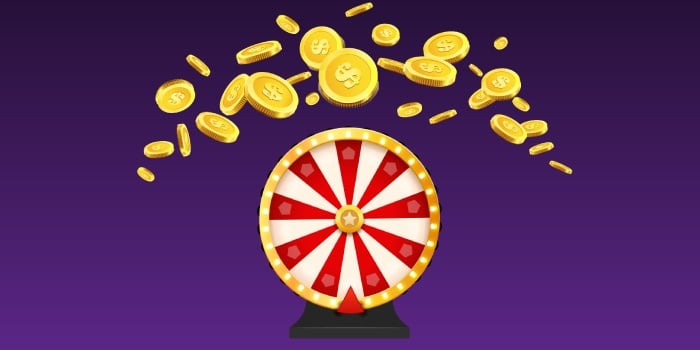
Sweepstakes are generally defined as “games” where you will have a prize given at random to participants. Some people referred to sweepstakes as prize giveaways and this is another term to use. What’s special here is that sweepstakes can award pretty much anything. Money is not always the main factor.
You can similarly win tickets to events, t-shirts, memorabilia, and even bigger rewards, such as cars and houses, and yes, a large sum of money as well. Sweepstakes are also completely random and depend on chance. To enter, you need to fulfill some conditions, but you never have to actually spend money out of pocket.
You may be asked to refer a friend, share a post on social media, watch a video, comment, like, and share various social media assets, or visit a website. For example, you may be asked to enter into a sweepstake by submitting your email address. The reward is a $100 Amazon voucher that you may win based on a random draw with no participant given any advantage.
How Are Sweepstakes, Lotteries, and Contests Different?
To avoid some confusion down the road, it’s good to have a basic idea of what lotteries, contests, and sweepstakes are. Even though some people who do not participate in any of these activities are tempted to use the terms interchangeably, the activities themselves are completely different. We will offer a brief overview of each of the activities once again so you can get it all down in a second.
What’s a Lottery?
The lottery is based on a draw of random numbers to win a prize. Lotteries have many different formats, but they will always expect you to submit a ticket on which you have written down the required number of times.
What’s a Contest?
Contests are another breed altogether. In a contest, a prize is given away, but for anyone to participate, they would need to meet an entry fee or have to pay the entry fee and meet other qualifying criteria.
Once a person or an entity enters a contest, they stand a chance to win but this chance is not random. Contests are decided by judges and/or voting, which means that entrants will have a chance to sway the odds in their favor by demonstrating talent, ability, or coming well-prepared. Contests are sometimes called a “game of skill,” which is meant to contrast them with a “game of chance” which requires special laws in most cases to run legally.
As you can see, both lotteries and contests are quite different from the sweepstakes format, which is more relaxed, easier to get into, but ultimately – a little harder to win, as it will have nothing to do with what numbers you pick or what skill you may demonstrate to convince others to pick you.
Are Sweepstakes Considered Gambling?
Sweepstakes are technically not gambling, although they are still based on chance and have the fairly same premise where you will trade something in – be that your time, do something for free, or sign up somewhere, in order to win something.
Chance is still the determining factor, just like in all gambling games. The main difference is that sweepstakes will explicitly say that they do not require money to enter and participate in. Some sweepstakes will add that making a purchase would not increase a person’s chances of securing a win either.
Because of this luck factor, sweepstakes are called “games of chance” as well, but they are not subject to the same laws that casino games or even lotteries are. Why? Because there is no exchange of money or rather – the person who participates does not have to put down any money in order to do so.
Gambling specifically asks and expects from people to pay real money for a chance to win something back. You cannot find a single casino that will let you play baccarat or blackjack, slots, or anything else really if you fail to provide the entry cost, which can range from $0.10 to $1,000.
Another differentiating factor is that gambling makes things even more uncertain. You never know how much you stand to win, and furthermore, this win is calculated based on your betting amount in a single turn.
On the flip side, sweepstakes will tell you exactly how much you stand to win. There is no real way to know what your actual chance is, though, because this will usually depend on the number of entries that a sweepstakes contest collects.
Are There Laws Surrounding Sweepstakes?
Of course, sweepstakes do not exist in a vacuum. There are clear laws and regulations that bind these prize giveaways and how they can take place in the first place. In fact, there are several agencies that are tasked with monitoring sweepstakes, including the US Federal Trade Commission (FTC), the US Postal Service (USPS), and the Federal Communications Commission (FCC).
State and federal laws will also apply, which means that a particular state may not allow you to participate in a sweepstake legally in your jurisdiction. Generally speaking, however, there are two main things to note about the legality of sweepstakes and what to expect.
No Purchase Necessary Laws
The first thing to consider is the “No Purchase” clause that sweepstakes usually operate under. What this means is that they are covered by the collective no need to purchase a particular product in order to enter, which establishes the sweepstake as a legal activity that you can participate in without any issues.
Winners must always be picked at random in any contest that uses “no purchase” laws. Basically, anyone running a sweepstake cannot ask entrants to pay (money) for participation, which is what sweepstakes never do.
Alternative Means of Entry
Of course, the question then is what incentives do sweepstakes have to run these giveaways in the first place? Well, they do gain something in return, and this is usually quite enough for the organizers. This is where alternative means of entry, sometimes called alternate means of entry, (AMOE) comes in.
In other words, while you cannot buy entry into sweepstakes with money, you can enter by filling out an online form, submitting your email address, sending a text message, registering at an outlet, a shop, an event, or some other physical venue, or just use social media such as Twitter, Facebook, and Instagram to enter.
FAQ
How do sweepstakes work?
Sweepstakes allow people to enter prize giveaways without ever paying real money or using purchases to boost their chances of winning. Sweepstakes award prizes of all sorts completely on random. You cannot influence the outcome of a sweepstakes draw.
Are sweepstakes safe to enter?
Yes, sweepstakes are safe to enter. You may enter any sweepstakes, but it helps to make sure that the entity organizing the sweepstake also has a good track record and reputation.
What is a good sweepstakes example?
An example of a sweepstake is when an entity or an organization asks you to share a social media post and enter the chance of winning $100 in a voucher, or some other reward. There is no need for you to pay – just share a social media post.
Is sweepstakes gambling?
Yes and no. Officially, sweepstakes are not considered gambling, and laws clearly distinguish between the two forms. In order for any game of chance (sweepstakes are games of chance) to be considered gambling, participants would need to use their own money. Sweepstakes do not ask consumers to use their own money.
What are sweepstakes casinos?
Sweepstake casinos are up and rising in popularity, especially as they are more socially accepted because they don’t involve the gambling of real money. In short, they are online casinos where you gamble with digital currencies to win sweepstake prizes. If you want to explore further, we have the best sweepstakes casinos listed here.
Related Topics:
Luke is a media graduate who is looking to build upon his experiences from his strong love of sports betting and casino games which started during his first year of college. His fresh mindset always brings new content ideas to the team and his editorial skills will continue to grow with the help of the upper management team at Gambling News.
Must Read
Legal
November 17, 2019
Philippine Gaming Operators Involved in Prostitution Ring
Casino
October 7, 2019
Haven Gaming to Build Danville Casino in IL
Casino
October 6, 2019
MGM To Pay $735M as Part of Settlement for Las Vegas Shooting
Casino
September 28, 2019
Swiss Casinos Group Partners with Playtech
Sports
September 27, 2019
Mobile Sports Betting Finally Coming to Indiana
More Articles















December 3, 2024
Boxers Who Started Late and Became Champions
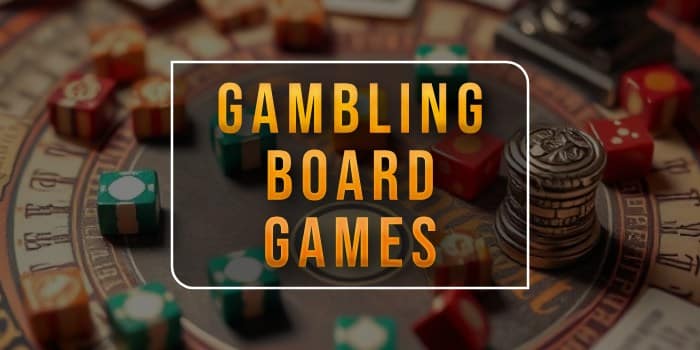
November 19, 2024
Best Gambling Board Games

October 25, 2024
Top 20 Books About Gambling
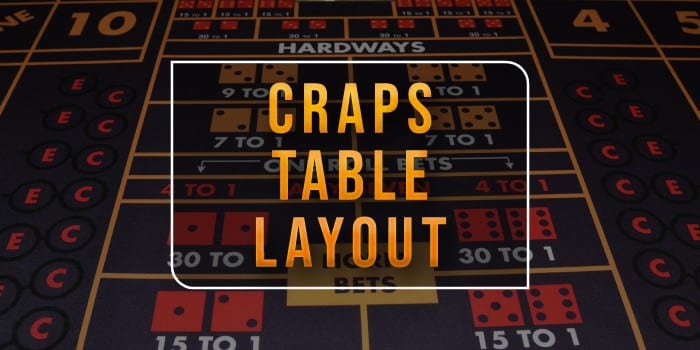
October 23, 2024
Craps Table Layout

Casino
October 21, 2024
Megabucks Slot Machines

September 30, 2024
What Soccer Positions Are There and How They Work

September 27, 2024
The Best Arcades in Las Vegas
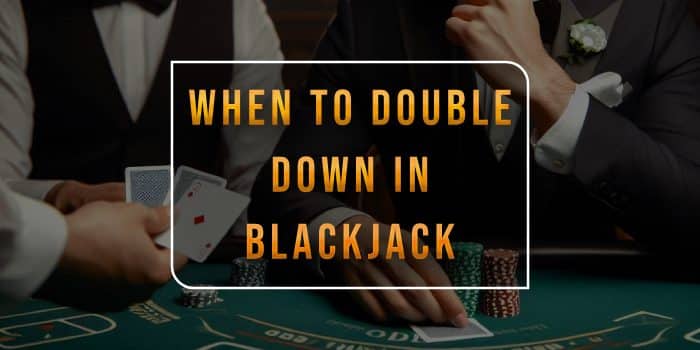
September 26, 2024
When to Double Down in Blackjack

September 24, 2024
Best Offshore Sportsbooks and Betting Sites

September 22, 2024
League of Legends World Championship: Odds, Tips & Predictions

September 19, 2024
How to Become Professional Gambler
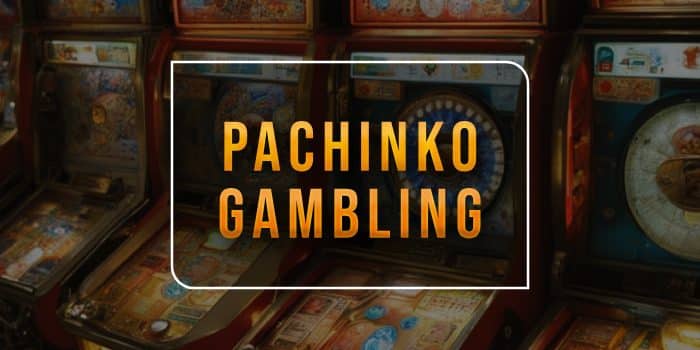
September 17, 2024
What Is a Pachinko Game Machine?

September 16, 2024
Michael Jordan Gambling: The Good, the Bad, and the Ugly

September 13, 2024
Best Odds in Vegas – Which Game Is Superior?



